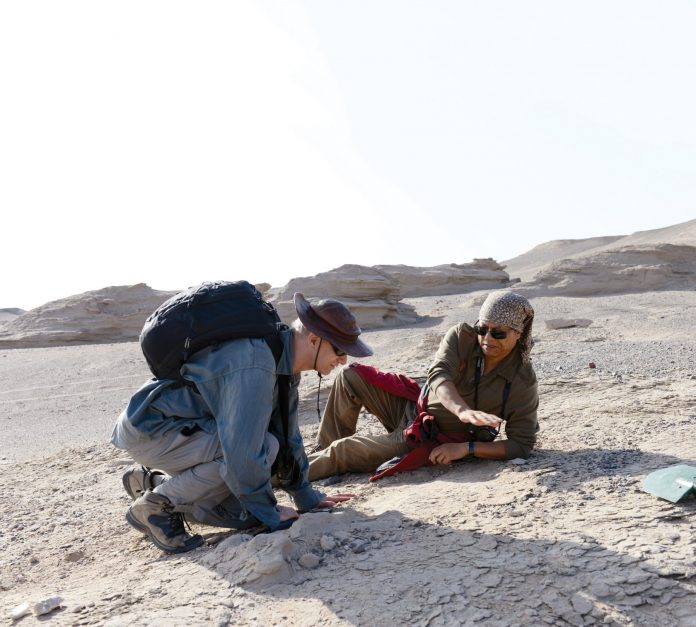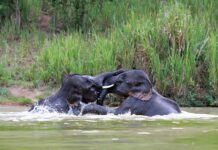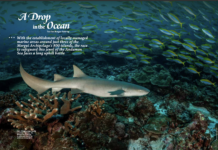Fossils of this thin-shelled egg are extremely rare, but a windfall has bestowed researchers with hundreds of intact samples
Text Sonali Roy
Photos Alexander Kellner
Palaeontologists say China is now the world’s leading source of pterosaur research, after hundreds of fossilised eggs, some with the embryos’ bones intact, were discovered in the far northwest of the country. The eggs of the Hamipterus tianshanensis species are well known for their fragile shells, making the discovery an absolute windfall. To date, only 10 other eggs have been uncovered, five of which are also from China.
Dr Wang Xiaolin from Beijing’s Institute of Vertebrate Palaeontology and Paleoanthropology, and Dr Alexander Kellner from Brazil’s Federal University of Rio de Janeiro discovered the fossils in Xinjiang’s Turpan-Hami Basin, the fourth-lowest exposed point on Earth. Why so many eggs were found there is still a mystery, though Dr Kellner suggests pterosaurs may have laid eggs near riverbanks that suffered heavy flooding, submerging the eggs and preserving them.

The researchers are trying to piece together how Hamipterus developed by comparing bones from individuals of different ages, but the incomplete fossil record is making that job difficult. The team’s hunt for more fossils in northwestern China continues. “I think we have a good chance,” Dr Kellner says. “It’s just
a question of fieldwork.”
China is on a roll in fossil discoveries. Barely a month after the pterosaur windfall, another 30 fossilised dinosaur eggs were discovered by workers at a construction site in Ganzhou, China’s “hometown of dinosaurs”, in Jiangxi Province. The perfectly preserved eggs are about 130 million years old.
Related: The Ghost Lands
Related: The Tree of Life
Related: Priest, Pachyderm, and Pygmy
For more stories and photographs from this issue, see Asian Geographic Issue 129, 2018











